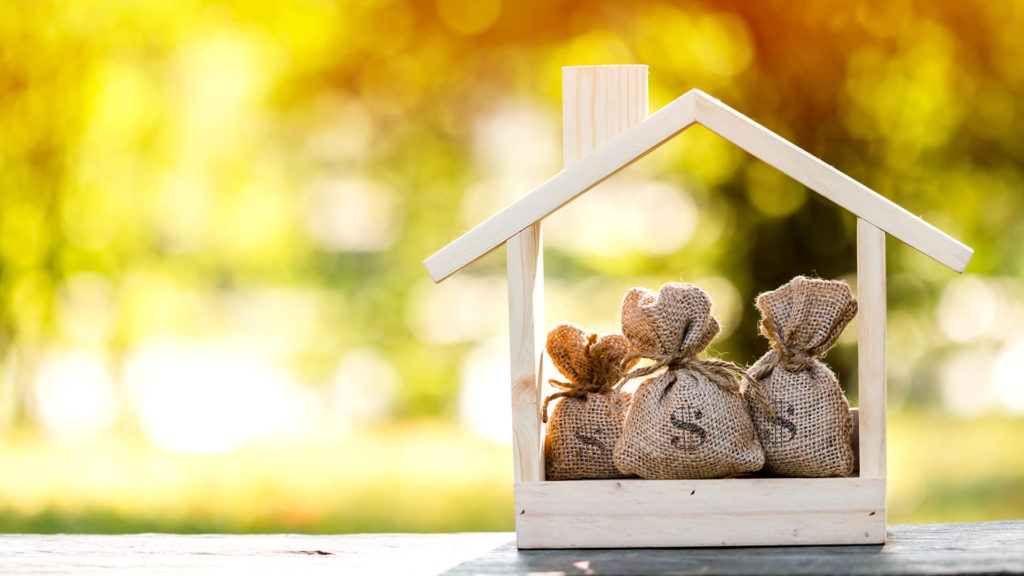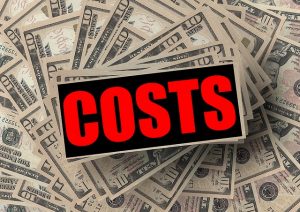It is never easy to choose the right plot to build your house on. You need to be aware of a lot of factors that are directly connected to it. Factors can vary from family, work, convenience, noise and lots more. Keep these four simple tips in mind to make it easier for you to choose a plot.
Avoid Busy Streets
Try not to purchase a house that backs up to a bustling street. It is pretty obvious that busy streets are very noisy and take away from a home’s resale value. What’s not all that obvious when an area is first being constructed might be precisely how bustling that street will be. Mind the city or region’s site and check whether there is a guide you can take a look at to comprehend where the roads lead to.

Location is Everything
This is, above everything else, the most immediate thought when purchasing a plot for yourself. Beside merely picking the correct area on a full scale (i.e., the side of town you need to live on), it’s imperative on a small scale too: for instance, you need to know if it has a decent view or the house that is close to the highway? If you have youngsters, you’ll need to consider areas which are closer to the schools. Otherwise, if you are still in your working years, you’ll need to ensure you don’t build a house that is so distant from work that you have a drive time that is longer than you like. If plan on quitting your job or already have, you might need to look into close-by amenities including, recreational facilities, medical centers, clubhouses, wellness facilities, supermarkets, etc.
Know the Setbacks Of the Property
At last, you’ll need to understand the limitations on the property thoroughly. It is okay for you to purchase in an area that has Covenants, Codes, and Restrictions (CCRs)? Is there an Architectural Control Committee (ACC) that you’ll need to run your plan and arranging choices by for endorsement? What are the difficulties that you will be facing? Your nearby building division or proprietor’s affiliation will have the response to this inquiry, and it might influence where you put your home; on littler parts, difficulties may even manage the span of the home’s footprints.
Pick the right direction that the front of your house will face. Houses which face north will possibly have lots of snow left on the driveway even after two weeks and it has melted everywhere else, however, if you want that sunny year-round placing the entrance towards the south is a better idea. Of course, the more the bill, the more the electricity. Also, in case you are planning on adding solar panels then try adding the solar panels to your house and it faces the wrong way, or if it’s a one-story home that’s going to be stuck between two story homes, you can face issues.

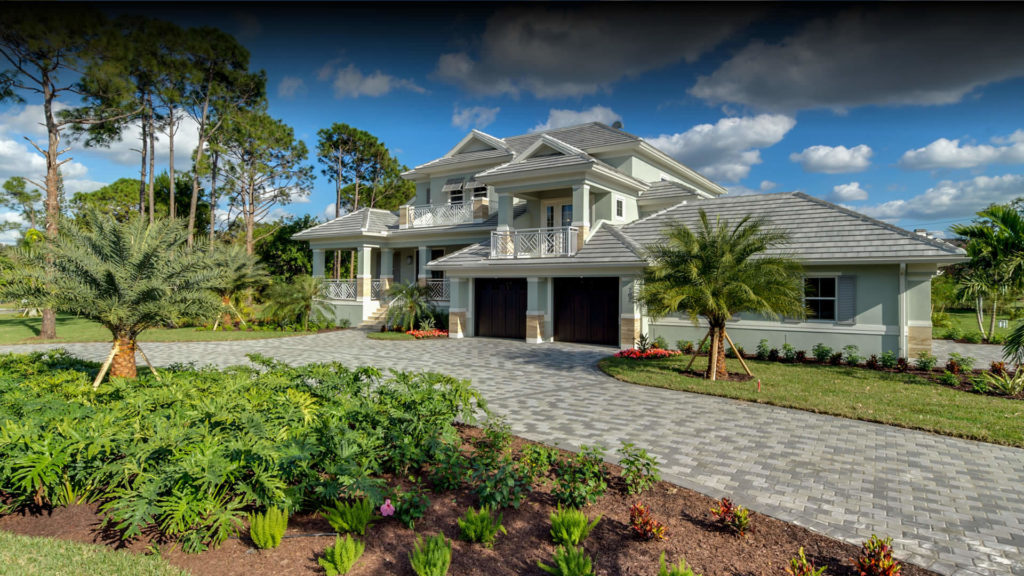
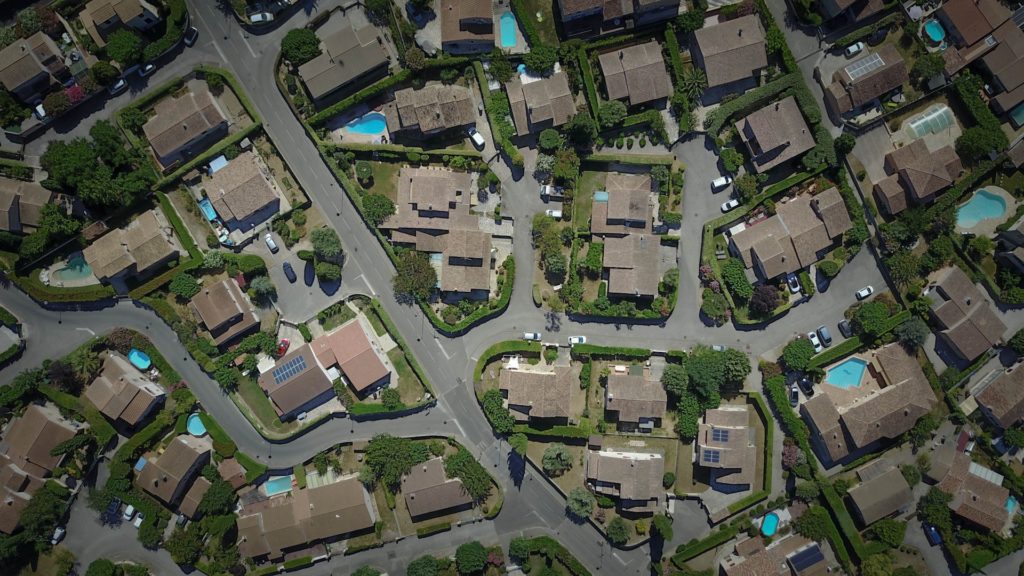

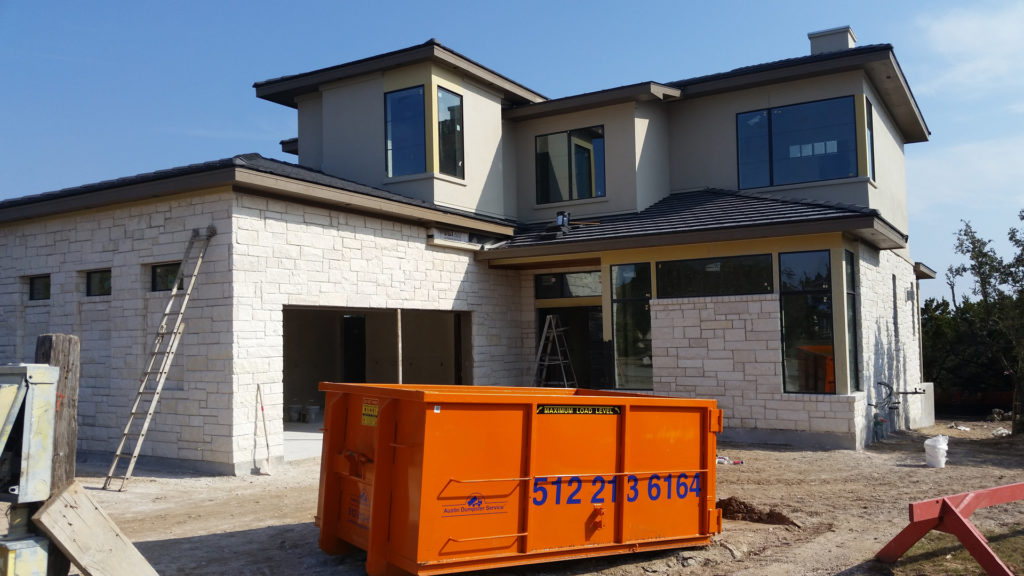
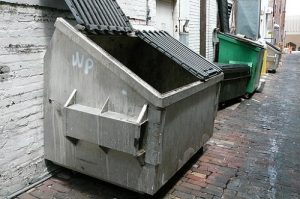
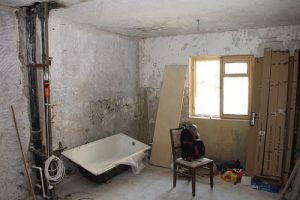

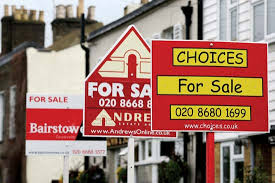 We all remember how things went during the 2008 financial crisis, and while those who lost their jobs in the financial markets tried to laugh it off, we all knew how much people have suffered because of this. Many have lost their homes, their living, and some even lost everything but the shirt on their back. And lately, with reports of the private equity firms doing similar things as the banks that caused the
We all remember how things went during the 2008 financial crisis, and while those who lost their jobs in the financial markets tried to laugh it off, we all knew how much people have suffered because of this. Many have lost their homes, their living, and some even lost everything but the shirt on their back. And lately, with reports of the private equity firms doing similar things as the banks that caused the 